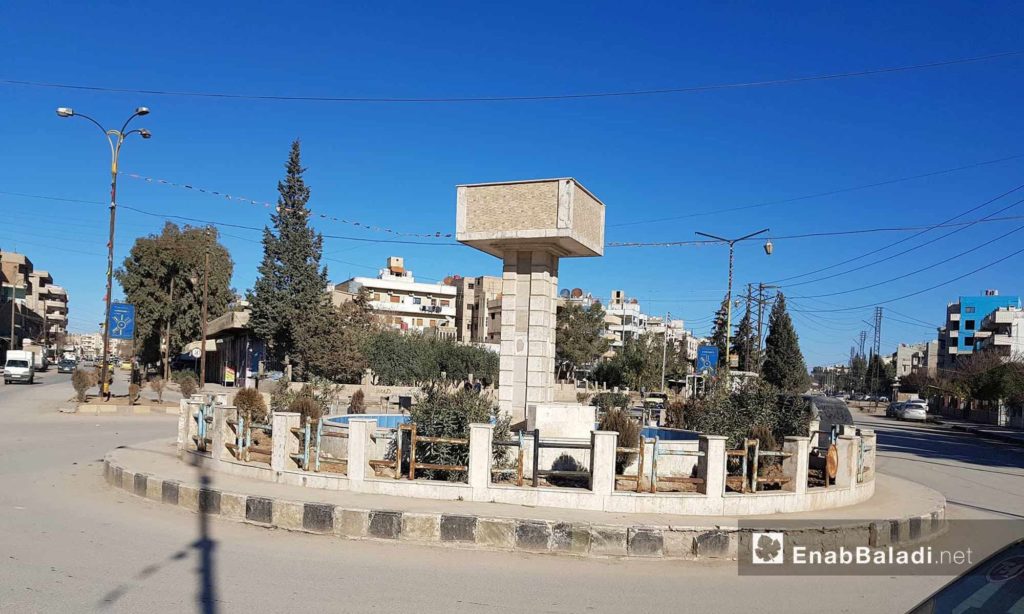The “Autonomous Administration of North and East Syria (NES)” has announced the suspension of the “Protection and Management of the Absentee Property” law and redrafting it to “meet the aspirations and rights of the region’s people.”
On 12 August, the NES published a decision on its official “Facebook” account that it had decided to suspend implementation of Law “No. 7” of 2020, also known as the “Protection and Management of the Absentee Property” law. The NES announced that it will reconsider and redraft the law.
The “Autonomous Administration” justified its suspension decision with the media uproar caused by the law, besides the clamor it raised in the legal and human rights community, civil society organizations, relevant bodies and associations, the popular community, and expatriates from Syria’s north and eastern areas.
It also attributed its decision to suspend Law “No. 7” to the consequences of its possible application due to misunderstanding it and different interpretations of its articles.
The NES issued laws of “Public Control” and “Protection and Management of the Absentee Property” to manage the property of those outside Syria, in the areas under its control.
According to the suspended law, the term “absentee” includes every person who holds the Syrian nationality and the likes who are not registered in the civil registry and do not have Syrian citizenship as by the 1962 census. Those people should have a permanent residence outside Syria, and none of their first or second-degree relatives should be staying in Syria.
The law stipulated the formation of the “Protection of the Absentee Property” committee following a decision by the “Executive Council” of the NES. This committee consists of 11 representatives from the areas under the control of the NES.
The committee, headed by two officials, is responsible for the administrative works and the inventory and preservation of the absentee’s property and assets.
The committee’s tasks also include studying the objections submitted to it from those affected by its decisions, assisted by subcommittees in the NES’ controlled areas.
The two officials follow the committee’s work, commissioned by the “Executive Council,” administratively and financially.
The officials are authorized to file all lawsuits and present all legal defenses “to preserve and protect the absentee’s property.”
The committee does not have the right to sell or purchase the absentees’ property.
Nevertheless, the law gives the committee of the “Protection of the Absentee Property” access to renting and investing property and putting it in the service of “community development” without changing its descriptions.
According to the suspended law articles, the absentees lose the right to a quarter of their property “without prejudice to the principle right” if they or one of their first or second-degree relatives did not attend within a maximum period of one year.
The money of the absentee is only delivered after the approval of the presidency of the “Executive Council” affiliated to the “Absentee Property” department.
The law sentences anyone who covered, misused, or benefited from the absentees’ property with imprisonment for less than one year and a penalty of up to five million Syrian pounds (SYP = 2,200 USD) or with the two penalties.
The NES’ decision raised different reactions, some considered it positive, while others accused the NES of exploiting the law for its benefit.

